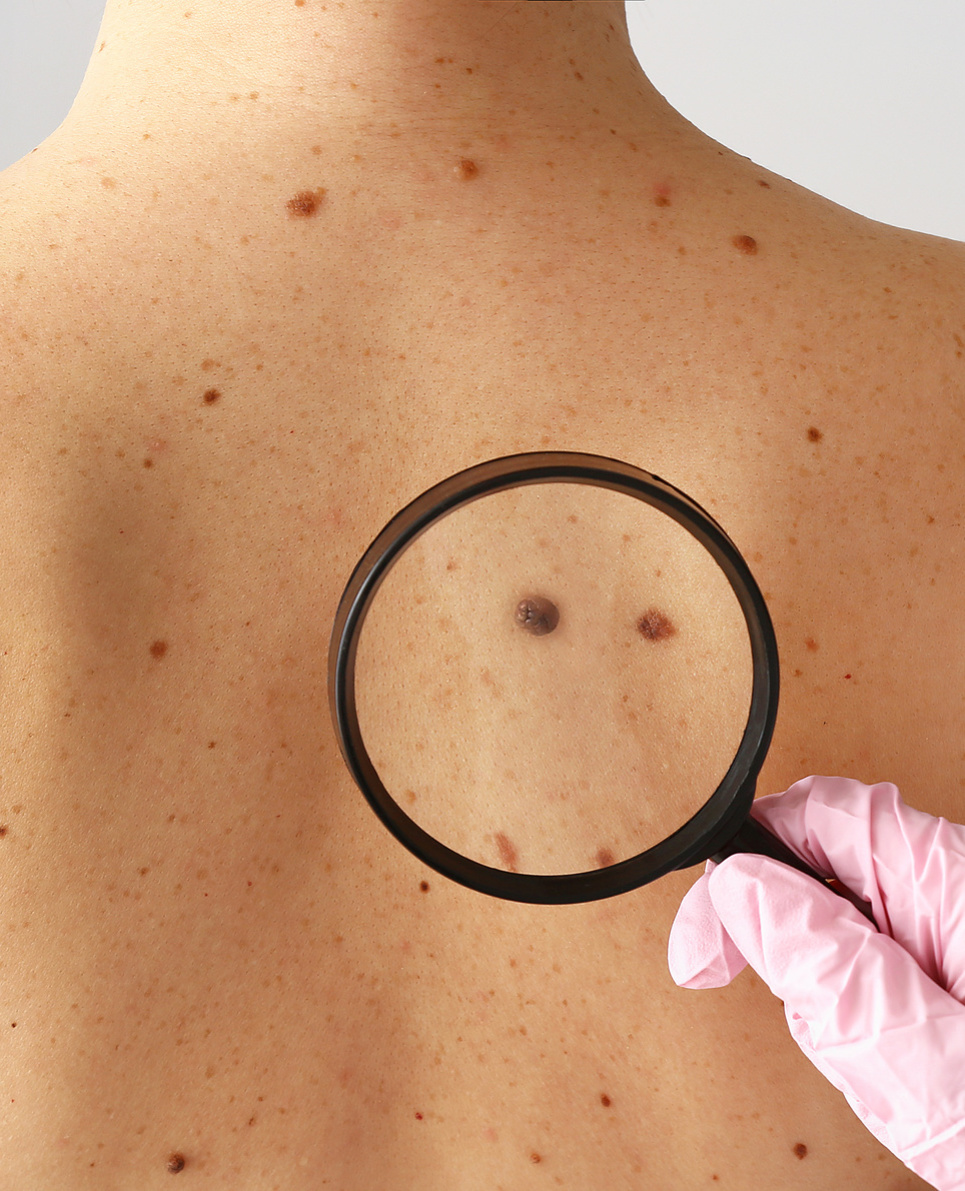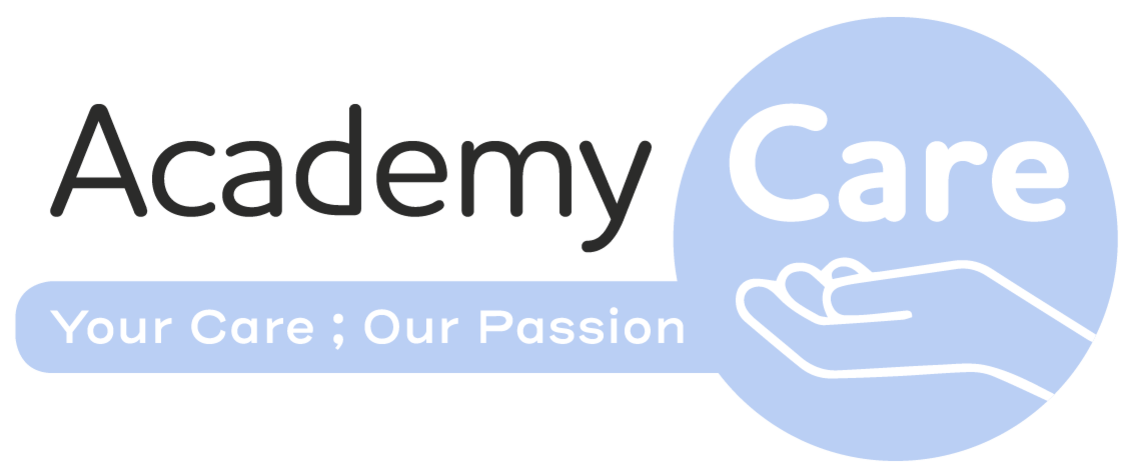Unveiling the Hidden Dangers: Understanding Skin Cancer and Staying Sun Safe after Chris Evans Diagnosis
Posted on 21st August 2023 at 12:31
Radio legend Chris Evans has revealed his skin cancer diagnosis during his Monday morning Virgin Radio show. Fortunately, early reports about this breaking news story have indicated that it has been caught early and that it is treatable. We want to wish Chris and his family, all the best in his recovery and treatment journey. We thought it appropriate to use this opportunity to spread some information and awareness about skin cancer, particularly with the weather perking up recently and hopefully there being a bit of sun in the coming weeks.
Skin cancer is one of the most common types of cancer in the world, affecting millions of people each year. With its potentially devastating consequences, understanding the intricacies of this disease is crucial for prevention and early detection. Join us as we delve into the world of skin cancer, explore its various types, identify its causes, look at the signs and sympotoms, discuss prevention techniques, and stress the importance of protecting your skin from the harmful rays of the sun.
Types of Skin Cancer:
Skin cancer is classified into two main categories non-melanoma and melanoma. Cases of both types are rising drastically across the world, yet the disease is almost entirely preventable. More than 210,000 cases of non-melanoma skin cancer are diagnosed each year in the UK, with this figure increasing on a yearly basis. Non-melanoma is typically much more common but generally less aggressive than Melanoma, with over 16,000 cases diagnosed every year in the UK, with that figure continuing to rise too. Skin cancer tends to affect more men than it does women and is more common in the elderly. Non-melanoma is broken up into two types: basal cell carcinoma (BCC), squamous cell carcinoma (SCC).
Causes and Risk Factors:
Excessive exposure to ultraviolet (UV) radiation from the sun or artificial sources, such as tanning beds, plays a significant role in the development of skin cancer. Around 90% of all skin cancers are caused by over exposure to UV radiation. Other factors, like fair skin, family history of the disease, a weakened immune system, and certain medications, can also increase the risk. It is vital to be aware of these causes and risk factors, allowing you to take adequate precautions and make informed choices regarding sun exposure.
Prevention and Protection:
Prevention is undeniably the best defence against skin cancer. With 90% of all skin cancers being caused by over exposure to UV radiation from the sun/or sunbeds, it means most cases of all skin cancers can be entirely preventable by undertaking simple sun safety measures and avoiding sunbeds and sunlamps. By adopting a proactive approach towards protecting our skin from the sun's harmful rays, we can significantly reduce the risk. Opting for high-factor sunscreens, wearing protective clothing, avoiding peak sun hours, seeking shade, and regularly examining our skin for any suspicious changes are imperative steps towards prevention. Awareness and mindfulness are key when it comes to safeguarding ourselves and our loved ones.

Signs and symptoms:
Non-Melanoma Skin Cancer:
• Basal Cell Carcinoma (BCC):
• Open sore that does not heal or recurs
• Reddish patch or irritated area
• Shiny or pearly bump
• Pink growth with elevated borders and crusted centre
• Scar-like area with poorly defined edges
Squamous Cell Carcinoma (SCC):
• Firm, red nodule
• Flat lesion with a scaly crust
• Crusted and bleeding sore
• Rough, scaly patch that may bleed when scratched
• Wart-like growth
• Persistent sore that doesn't heal
Melanoma Skin Cancer:
• Asymmetrical mole with one half not matching the other half
• Irregular borders or edges, rather than round or even
• Varied colours within a mole, especially shades of black, brown, or blue
• Evolving mole that changes in size, shape, or color
• Enlarged, raised bump with a crusty or scaly surface
• Itching, tenderness, or pain in the mole
• Dark lesions on the palms, soles, fingertips, toes, or mucous membranes (less common)
The Role of Early Detection:
While prevention is crucial, early detection remains just as vital. Regular self-examination of skin, paying attention to changes in moles, freckles, or any new growths, is vital. Seeking professional medical advice promptly if any anomalies are noticed ensures timely intervention, increasing the chances of successful treatment. Remember, early detection saves lives. See a GP if you have any skin abnormality that has not healed after 4 weeks, while it is unlikely that you have skin cancer, it’s better to be safe than sorry.
The Importance of Education and Advocacy:
Spreading awareness about skin cancer, its causes, prevention, and the significance of regular skin checks is a collective effort. By educating ourselves and those around us, we can create a culture where sun safety becomes a norm. Engaging in community initiatives, advocating for sun-safe policies, and encouraging others to protect their skin is a responsibility we should all shoulder to combat this silent threat.
Skin cancer poses a significant public health concern worldwide, but armed with knowledge and awareness, we can lessen its impact. Understanding the types, causes, prevention techniques, and the importance of early detection empowers us to make healthier choices and protect ourselves from this potentially devastating disease. Let us embrace the sun with caution, prioritize sun safety, and champion the fight against skin cancer. Stay informed, stay safe!
For further information checkout these sources-
How can we help?
Academy Care, are a domiciliary care company, providing support to individuals whom for reasons of ill health or disability, could benefit from long or short-term domiciliary care services in the comfort and familiar surroundings of their own home. Our highly trained, passionate carers, support people daily in their own homes, to optimise both their independence and wellbeing.
We create tailored care plans to meet the needs of all our clients, working with the client, their family and any medical or social services to ensure that the client gets the very best care for them. We also continuously monitor these care plans to ensure that they are up to date with the needs of the client, as needs can change very quickly.
We will work with you, the client’s family to deliver the care, helping to ensure that everyone involved is happy with the care being provided and that the client’s needs are being met through our service.
If you would like to discuss how we can help you, give us a call on 01924 925 244, alternatively look at our services here.
Tagged as: Cancer, Melanoma, Non-melanoma, Skin Cancer, Symptoms, Symptoms, Causes and Treatment Options
Share this post:


